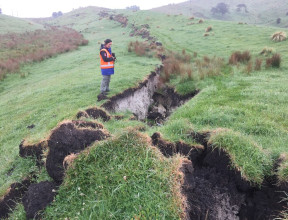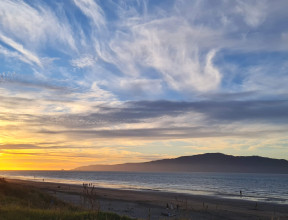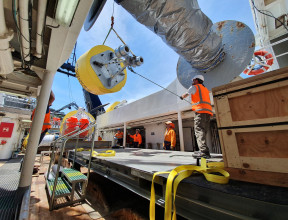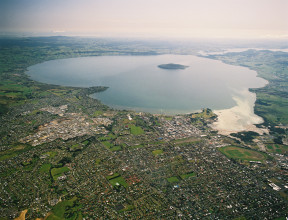
International development

We work alongside communities, agencies and governments to help developing countries build resilience to natural disasters and climate change.
Building resilience to disaster events
Low-income countries account for over 70 percent of the world’s disaster hotspots, with earthquakes, tsunami and flooding all posing an ongoing risk for vulnerable communities. Meanwhile, climate change is causing an increase in extreme weather events.
Disaster events in developing countries cause a high number of fatalities, as well as creating a huge economic impact, for communities that do not have risk management plans.
At GNS Science we have supported the development of risk management for countries such as Vanuatu, Viet Nam, Tonga and Indonesia, working alongside local communities, agencies and governments. We provide support in the aftermath of natural disasters and help build ongoing resilience by putting systems in place (such as implementing data measurement technology, education plans and communication strategies) to help prepare for future events.
-
Recent Projects
AHA Centre Executive programme (ACE) (external link)
Establishment of a modern volcanic monitoring system in Vanuatu
Vanuatu response to eruption project (Ambae)
Tonga response to eruption project


